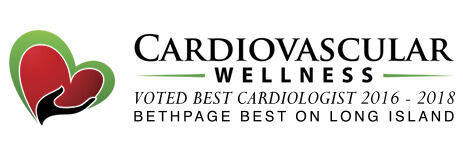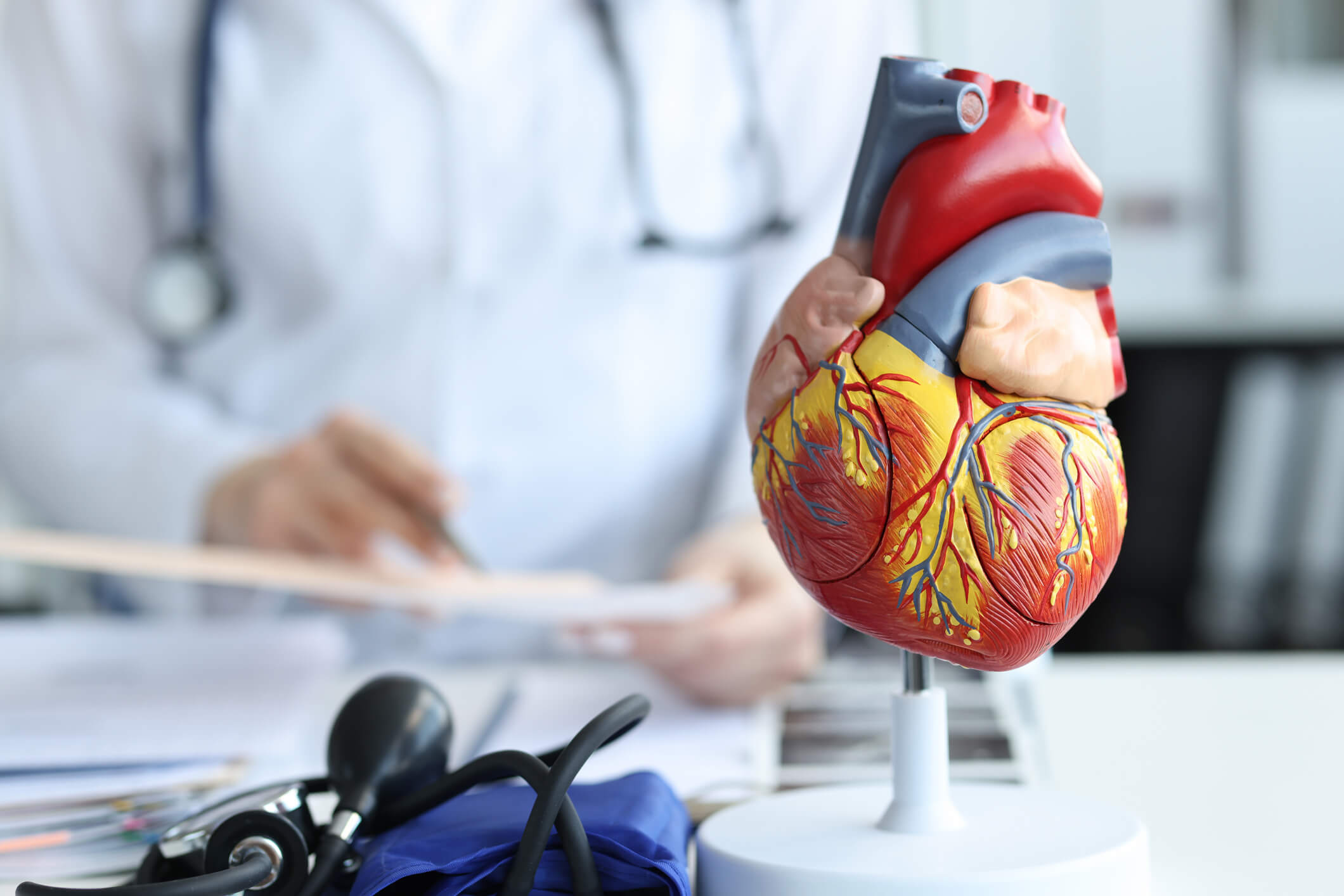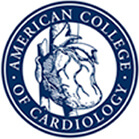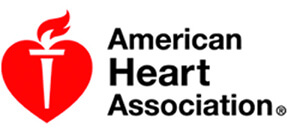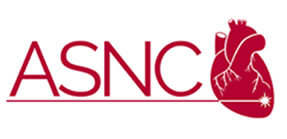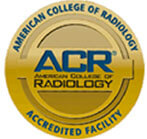When Should I Go to a Specialist for Heart Care?
- Posted on: Jun 21 2023
Cardiovascular diseases affect nearly half of all American adults. The danger these diseases pose makes it crucial to recognize the signs that you may need help from specialists.
Learn what services a cardiologist can offer and how to know if it is time to reach out for heart care.
What a Cardiologist Offers
A cardiologist can treat many heart health issues before they become serious problems. Cardiologists provide preventive services and essential treatments for heart disease patients, including regular check-ups.
These specialists can also work with patients before and after heart procedures like stent implants for blocked arteries.
Some of the conditions cardiologists treat include:
- High blood pressure
- High cholesterol
- Heart failure
- Valvular heart disease
- Coronary artery disease
- Heart rhythm disorders
Cardiologists also provide care after heart attacks and pre-operative clearance.
When to See a Cardiologist
You should make it a point to see a cardiologist if your GP recommends it. Usually, they will recommend one and provide a referral, but you can also do some research and find the right experts for your needs.
You should also consider seeing a specialist if you experience heart pain. Other signs to watch for include:
- Severe pressure
- Squeezing pain
- Chest discomfort
- Pain that spreads to the arms, shoulders, neck, or jaw
- Feeling faint or lightheaded
- Heart palpitations
- Swelling in the legs
- Worsening shortness of breath
- Noticeable weight gain
You do not have to have any symptoms of heart disease to see a cardiologist if you have risk factors that make you more likely to develop a condition. These include having a family history of heart disease or diabetes and being a smoker.
It is also wise to visit a specialist for care if you have high cholesterol or high blood pressure. In many cases, a stress test can help determine whether you have heart issues.
Knowing When Chest Pain Is an Emergency
If you notice your symptoms rapidly worsening, it is vital to seek help quickly. The symptoms of a heart attack can differ from person to person, and factors like age and sex can affect how a heart attack presents itself.
Some commonly overlooked signs of a heart attack include:
- Indigestion
- Excessive weakness
- Extreme fatigue
- Sudden feelings of anxiety
- Pain in the jaw
- Sleep disturbances
Women tend to experience these less-common symptoms more than men.
Always err on the side of caution if you experience symptoms that persist or get worse.
What to Share with a Cardiologist
When you visit your cardiologist for the first time, you will want to provide an overview of your medical history. List any medications you take, mention whether you have had surgical procedures or major diseases, and provide an overview of your family’s medical history.
If your cardiologist needs any medical records, like results from echocardiograms, have them sent ahead of time so they can review them before your appointment.
You will also need to talk about your eating habits, exercise habits, and what your lifestyle is like.
If you have active symptoms, try to give the cardiologist an idea of when they began and whether the symptoms have progressed.
Get Help from Experts
If you have symptoms of heart disease or risk factors that might cause issues in the future, having a cardiologist by your side can quite literally save your life. The right treatment team can help you manage conditions or provide preventive care.
Cardiovascular Wellness offers the comprehensive heart care you need. We offer guidance and high-quality treatment, from preventive exams like stress tests to heart attack recovery care.
Contact Cardiovascular Wellness at Hicksville and Lake Success, NY, to speak with our cardiologists.
Posted in: Heart Disease
